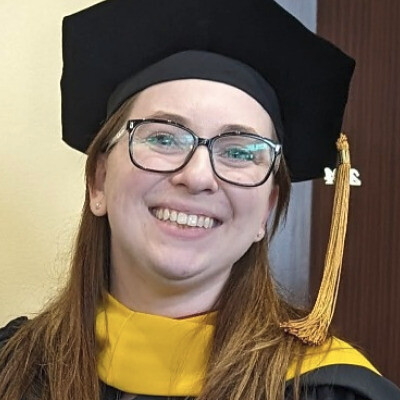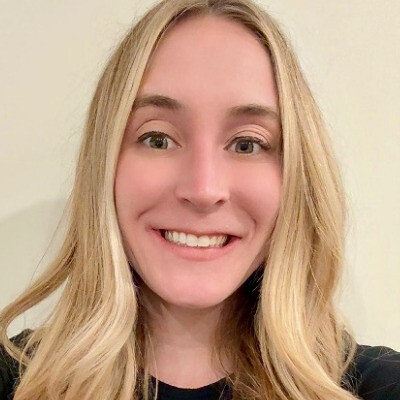Reel Connections: Facilitator Reflections on Developing Leadership Skills and Interprofessional Collaboration Through Film
Background:
Leadership development and professional identity formation are critical to early interprofessional training (Shrivastava et al., 2022). This study analyzed self-reflections from second-year medical (DO) students who co-led interprofessional education (IPE) sessions with Clinical Psychology doctoral (PsyD) students as an IPE requirement. Leadership training was integrated into the curriculum by scaffolding the learning experiences across cohorts. This project introduces a faculty-directed and coordinated, student-led IPE initiative that utilizes film-facilitated discussions to address the Interprofessional Education Collaborative (IPEC) Core Competencies.
Design/Methodology:
Advanced PsyD and DO students led structured interdisciplinary discussions centered on ten films such as Awakenings, Patch Adams, and A Beautiful Mind. Each session followed a standardized facilitator guide that was developed collaboratively by faculty, students, and patient representative(s), with prompts mapped to IPEC competencies. The leaders were encouraged to examine clinical decisions, ethical dilemmas, and team dynamics from their own and other professional perspectives. Feedback from facilitators and student participants was collected through anonymous surveys and structured debriefs. While program evaluation data were collected separately from student participants, this analysis focuses on three years of de-identified, maximum 250-word self-reflections submitted by 103 DO-student facilitators as a course requirement.
Results:
The data was coded and organized using ATLAS.ti; 10% was coded by an interprofessional research team for validity. Preliminary qualitative thematic analysis revealed that student facilitators gained insight into overlapping roles, boundaries, and ethical dilemmas in interprofessional care. Reflections noted increased openness to interdisciplinary communication, a willingness to address stigma and systemic barriers, growth in professional confidence, and values-driven dialogue. These outcomes highlight film-guided facilitation as a tool for cultivating interprofessional leadership and communication skills. The analysis team reviewed the final interpretation for consensual validation. Detailed themes and subthemes will be reported.
Conclusion:
Film-based IPE supports early leadership development by fostering critical reflection, empathy, and real-time collaboration. Facilitators also gained appreciation for their roles as teachers, role models, and mentors.
Implications:
This model is scalable and cost-effective. It supports professional identity formation and leadership in emerging clinicians while advancing interprofessional culture aligned with the Quadruple Aim. The film format humanizes clinical complexity and encourages reflective engagement across diverse disciplines.








